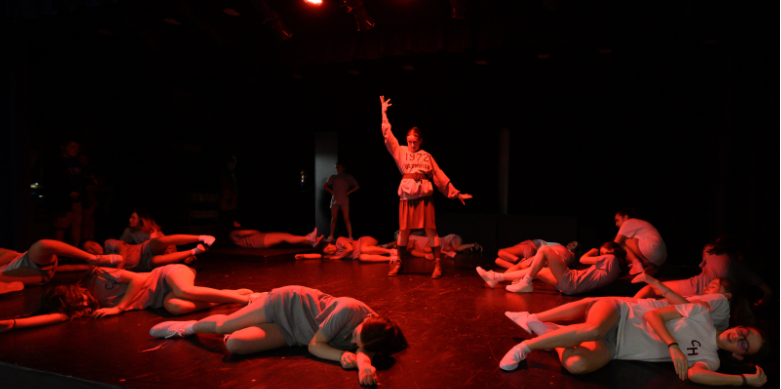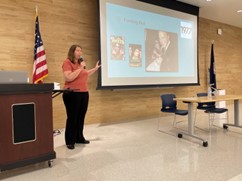
Picture this: you are walking to class when you hear your name in a conversation behind you. The people are saying untrue things about you, ignoring your nearby presence. Sound familiar?
Unfortunately, gossip is extremely common in middle school, meaning that many of us have been victims of it. The official definition of gossip means unconstrained conversations about other people, usually including details that are false or not confirmed. I believe that the spread of gossip can damage communities and relationships.
My first reason is that gossip erodes trust between people. A recent study from the National Library of Medicine showed that people are more likely to gossip about people their age and gender. Because most people are friends with those of the same age/gender, the act could destroy budding friendships, ruin existing ones, or damage reputations.
Furthermore, gossip is bad for one’s health. For victims on the receiving end, it could harm their self-esteem or induce anxiety. This is detrimental as low confidence or enthusiasm may lead to decreased productivity in the workplace as stated by the Journal of Graduate Medical Education.
On the other hand, a study from the University of Maryland and Stanford University explains that “gossip is good at disseminating information about people’s reputations, which can help recipients of these tips connect with cooperative people while avoiding selfish ones.” However, you’d never know if that gossip is true or not. If someone tells you something about someone else’s reputation, it would likely be false. The person who was gossipped about could find out and eventually be hurt.
To conclude, gossip negatively affects relationships overall. It deteriorates trust and is terrible for the health of the people affected. So, the next time you engage in a conversation or catch up on the latest drama, remember to avoid venturing away from the truth and to remain kind!

























